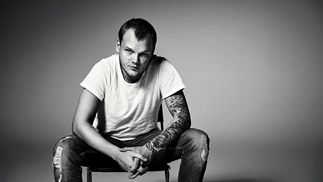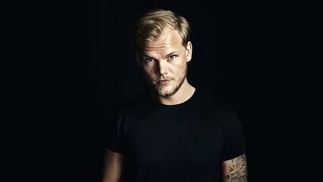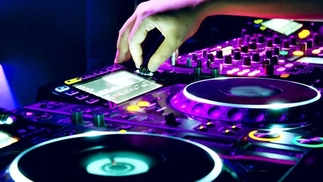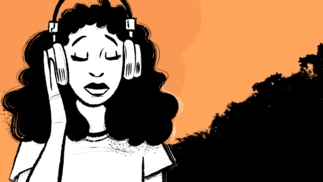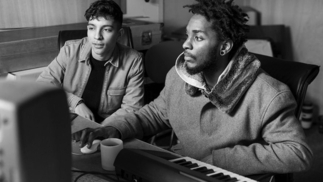Can electronic music make you ill?
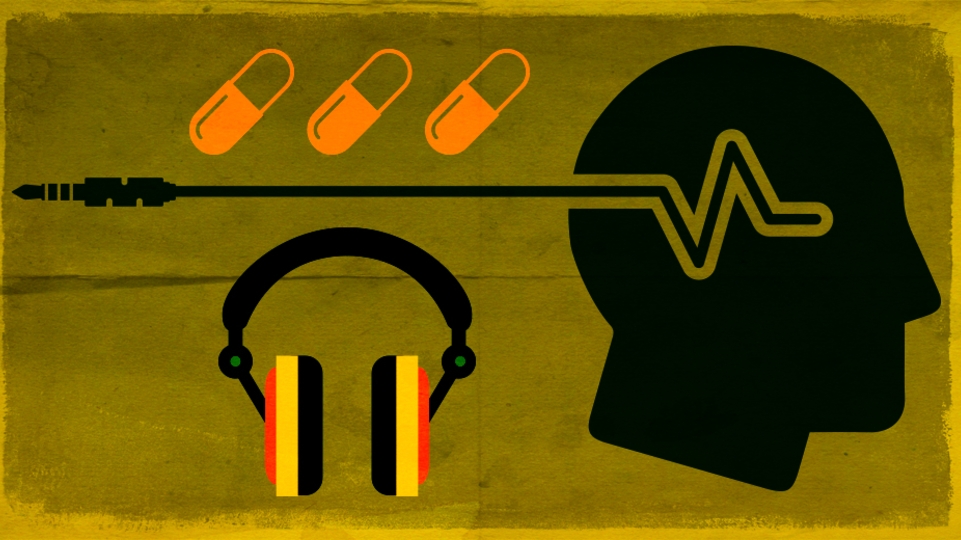
With mental health and wellbeing one of the principal keynote topics at the International Music Summit (IMS) in Ibiza at the end of this month (May), we asked the Association For Electronic Music (AFEM)’s working group Protect Mental & Physical Health For Fans & Professionals to interview some industry stalwarts about their mental health experiences and how they’ve coped. Read on for some expert advice on how you can maximise your wellbeing when things get tough...
Flying high in the music industry can seem idyllic, but is there a price to pay? Coupled with the perceived glamour is a 24/7 lifestyle with long unsociable hours, sleepless nights, relentless work and travel; always being switched on for the Orwellian eye of social media; plus easy access to a host of chemical sedations to escape it all. It’s enough to take a toll on even the most balanced of minds.
A study produced by leading music charity Help Musicians UK showed that those working in music are on average three times more likely to be affected by anxiety and depression compared to the general public. Be you a headline DJ, major league manager or just starting out, mental health issues can impact everyone, and at any stage in their career.

Aida Vazin
The mental health expert’s view...
Aida Vazin of GPS Counselor is a qualified therapist who specialises in treating clients remotely. A member of the Association For Electronic Music, Aida’s service enables artists who are touring to continue to get support while on the road. One of the key concerns that emerged from our interviews was stress, which often arises from relentless schedules, travel and a pressure to perform. Here, Aida walks us through the cycles of stress and shares some of her top tips for coping when things get hectic...
“Overwhelmed with so much to do in so little time: Your body needs to decompress and starts craving comfort foods, alcohol, prescription or illicit drugs to switch off. You don’t truly relax because in the back of your mind you are beating yourself up and feel weighed down by the pressure of your responsibilities.
"A high pressure to perform extremely well leads to pushing yourself too hard. You go to bed feeling heavy because your burden is unresolved and you sleep restlessly. You wake up un-refreshed with anxious thoughts, triggering a flood of stress hormones in your body, resulting in emotional and physical symptoms of stress: panic attacks, anxiety, depression, insomnia, fatigue, loss of con dence, foggy thinking, restlessness and stomach problems.
“We just want some relief and get frustrated when we don’t know how to feel better. So, we look for a quick fix, which often leads to substance abuse and addiction. Instead, we can start to incorporate some healthy tools in our lives.”
Talk it out with someone
"A strong support system is an integral part of our lives. Make sure to keep in touch with those you feel safe with and can really relate to."
Bring back nap time
"Make power naps a part of your daily routine. As little as 15 minutes may make a difference to the quality of your day. Even if you don’t fall asleep, the rest and quiet time can recharge your mind and body."
Have a daily routine
"Having something that is constant is key to staying mentally strong. For example: no matter where you are, you know that everyday you will take a nap, have lunch, go for a walk. Consistency and routine give our minds ease.”
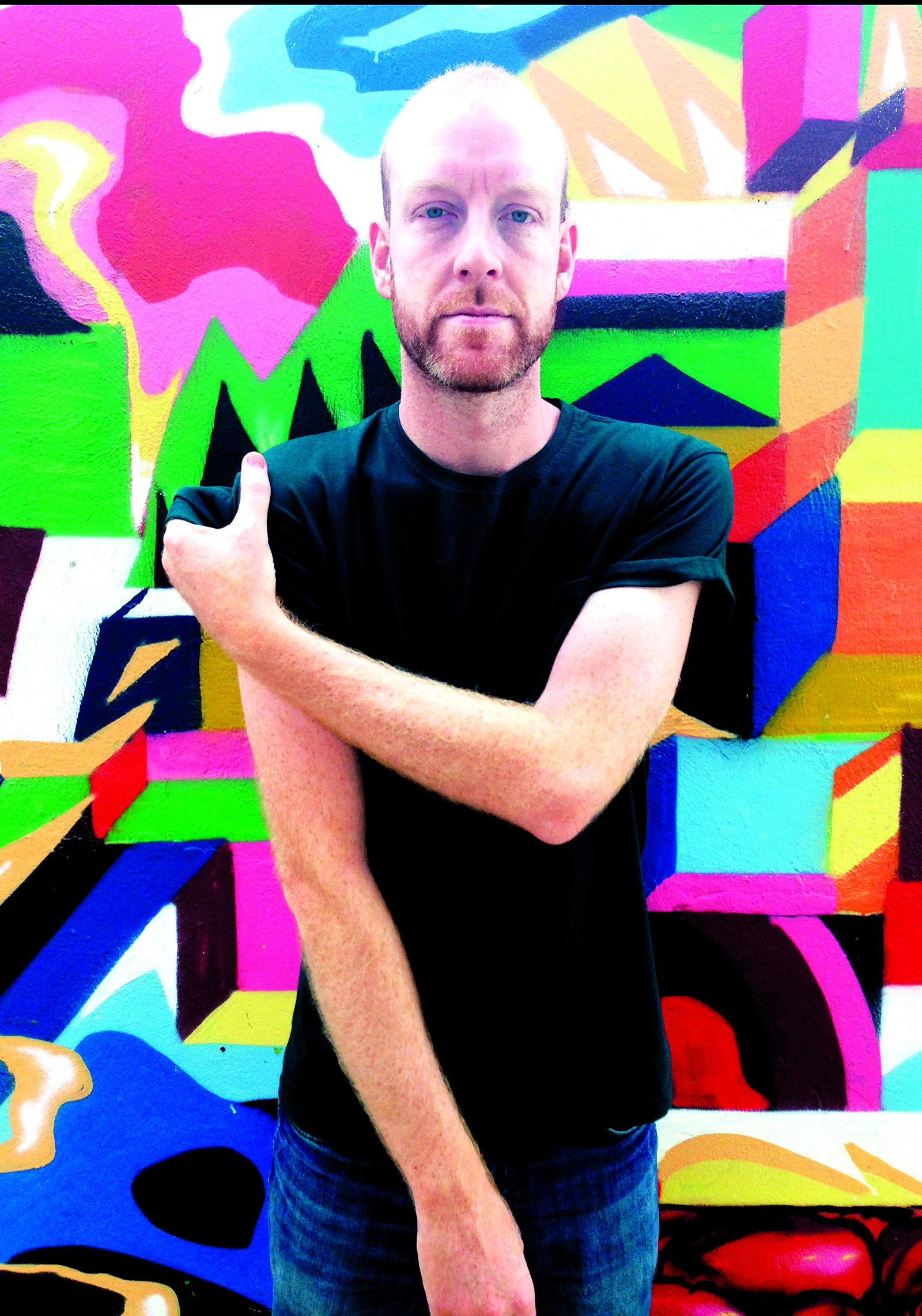
Dan Mckie
The DJ’s view...
Have you ever had mental health problems that you attribute to your career in electronic music?
“I’ve had many anxiety attacks in my time. I have depression in my family, and a few of my friends suffer from it, but it is nothing to be ashamed of as, if you seek help, you will be surprised who is there for you. Luckily I haven’t suffered from depression, but anxiety can be exhausting and can knock you back for a little while.”
What are the main things that have impacted upon your mental health?
“Because the music industry is so harsh to work in, you deal with rejection, arrogance, egos and brutal emails and messages everyday. This has de nitely impacted on me in the past and present, and probably will in the future — as I’m sure it would anyone.”
Has working in the electronic music industry ever had a negative impact on your personal relationships?
“Yes, from ex-production partners, to artists I managed, to DJs I booked, to clients I’ve worked for and more. I’ve always worked with the motto, ‘It costs nothing to be nice’, but some people when they get power become arses and they don’t realise how their blunt, arrogant emails and messages — or ignoring people — can affect someone, especially when you are trying to open doors, make a career for yourself and get feedback (feedback always helps people progress). I’m not a superstar DJ but people know my labels, my productions, my DJ sets, my music PR company, and just me. Luckily there are a number of people in this industry who I can now call friends. They are the people I respect and look to for advice, and sort of role models. They help to show you a down-to-earth side of the industry.”
Do you think there is a stigma attached to talking about mental health problems in the electronic music industry?
“Maybe some of the big DJs are told to be quiet about their mental health problems, as it might affect their ‘image/brand’. But I think if everyone was open, then there would be less problems and it might have a positive impact on their fans and encourage them to seek help. The more open you are, the less of a burden it is to have a mental health problem.”
What do you do to try and maintain balance and wellbeing?
“I try to turn off from emails, notifications and social media — my phone, basically — when I am not at my desk or studio, especially if I am with my family. It’s healthy to switch off. I like to also catch up with my mates and talk absolute rubbish with a beer, and talk about nothing to do with the business, ha.”
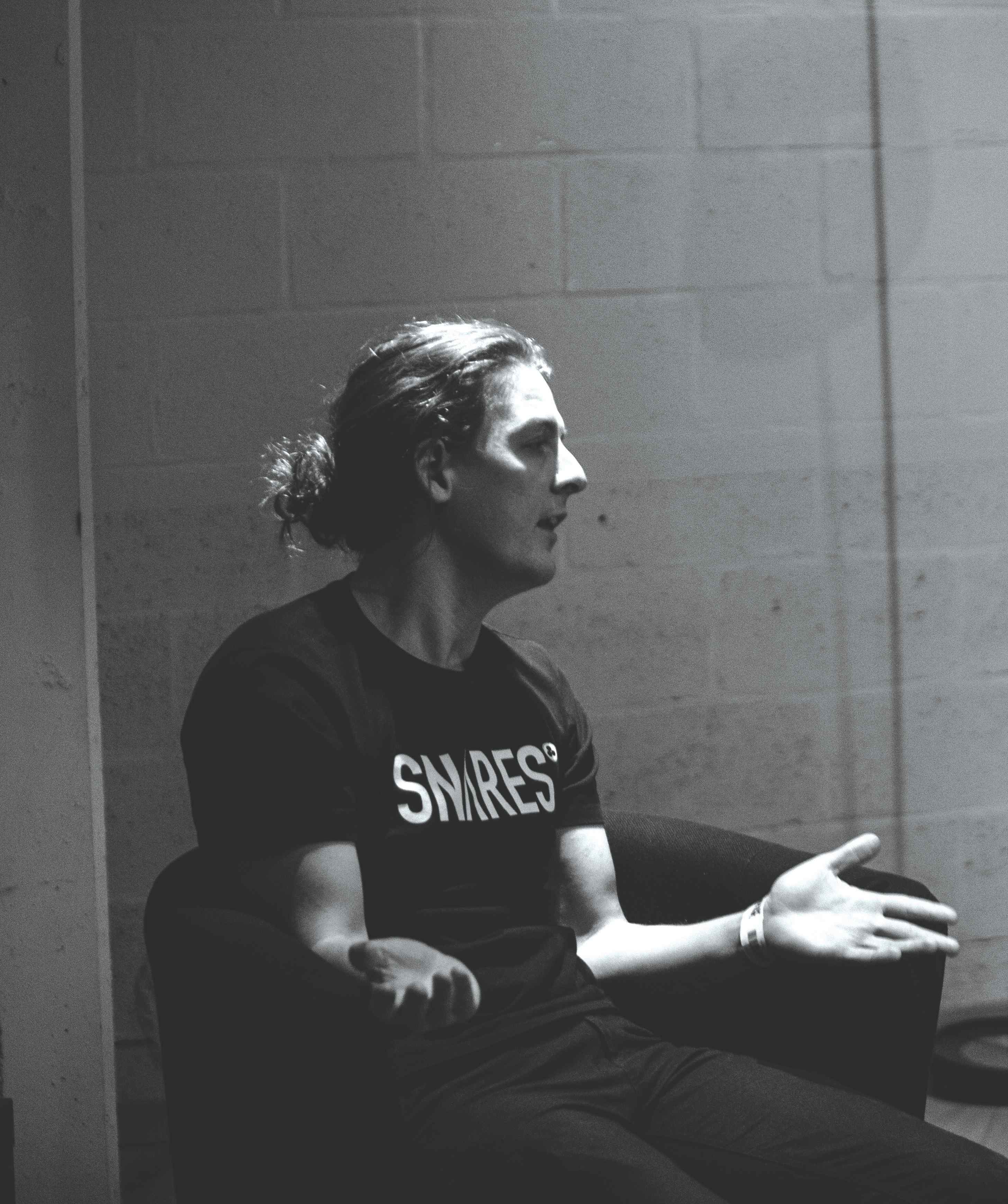
Thijs De Vlieger of Noisia
The producer’s view...
Have you ever had mental health problems that you attribute to your career in electronic music?
“A career in music is very rewarding, but musicians, like many people with regular jobs, are also under a lot of stress. It’s not easy to keep your standards for yourself high, to keep outdoing yourself, to watch out not to ‘lose your edge’ in the public eye. It’s also not easy to find peace, with periods of unproductivity and disappointing creativity. If you make it in this world, people think you’re awesome, which is awesome. But having people think you’re awesome also can make you feel pretty bad when you have yet another disappointing day in the studio.”
What are the main things that have impacted upon your mental health?
“Sleep and travelling. Travelling for a job is stressful. Missing lots of sleep every weekend is bad for the body, and the brain is a part of the body. A lot of DJs have to get a little or completely drunk to deal with mild or more than mild performance anxiety. This also affects sleep quality, so the body and brain don’t regenerate over the weekends.”
Do you think there is a stigma attached to talking about mental health problems in the electronic music industry?
“There’s a stigma about admitting that it might be a bit too much, because you live the life that everybody wants to live, so you have no right to complain. It’s also pretty hard to admit that the life that you always wanted, that you had to compete so hard for, and that others are always competing with you for, is actually not at all perfect: it’s pretty tough sometimes, and sometimes you need a break from it.”
What do you do to try and maintain balance and wellbeing?
“I see a therapist weekly, even though my problems are small compared to those of others. I see it as periodic maintenance. These things matter so much in life, why would you not talk to someone to nd out if you can make your life a little better? Oh, and if you need alcohol to talk about certain subjects, that is a clear sign your brain is putting up walls around certain topics because they’re too painful to deal with when you’re sober. These things are important. Come back to them when you’re sober. It’ll hurt, but that’s why you’ve been avoiding them, and life will become easier when you understand why.”
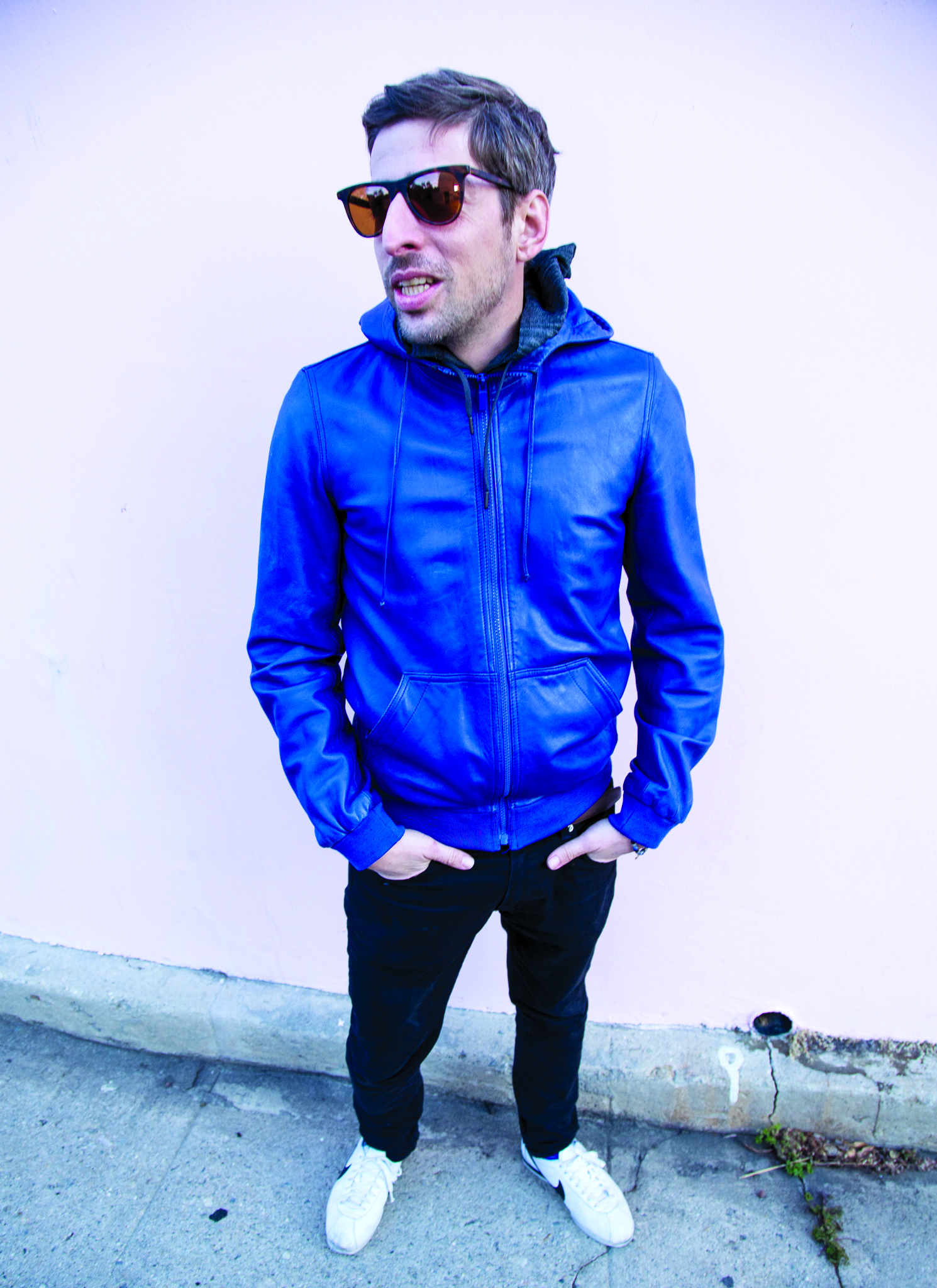
Bot
The DJ’s view...
Have you ever had mental health problems that you attribute to your career in electronic music?
“I certainly was challenged when I started touring every weekend. At first I developed a paralysing fear of flying that got so bad I wished we would soon be not doing well in order to stop the touring. Eventually I got over it — after about 10 months of flying, a lot of the panic simply went away. I attribute that to getting used to it by forcing myself to y, but also by learning about how planes actually work. “With all the highs and lows, depression can hit you sometimes, and you nd yourself drinking excessively to cope. It’s also very lonely on the road away from your loved ones. It takes an active effort to make touring bearable. Eventually, with work, it can become a great experience.”
Has working in the electronic music industry ever had a negative impact on your personal relationships?
“I wouldn’t say it had a tangible negative effect on them, but it certainly didn’t help much. Being away on weekends doesn’t exactly help spending quality time with friends and family, who are usually free when I am away working. Luckily I have had a relationship with a wonderful woman for many years and we make our schedules always work well together. I did find it more difficult than expected to establish new meaningful friendships outside of the business because of my schedule.”
Do you think there is a stigma attached to talking about mental health problems in the electronic music industry?
“I believe so. It’s not great for business to go on social media and tell the world how depressed and horrible you are feeling, unfortunately. Usually the image portrayed is one of life-loving, fun-having, party non-stop people, but sometimes that is not the truth. Many people I know have mild to severe mental health issues of some sort. It’s becoming more common to see people share those feelings online and actually get help and support.”
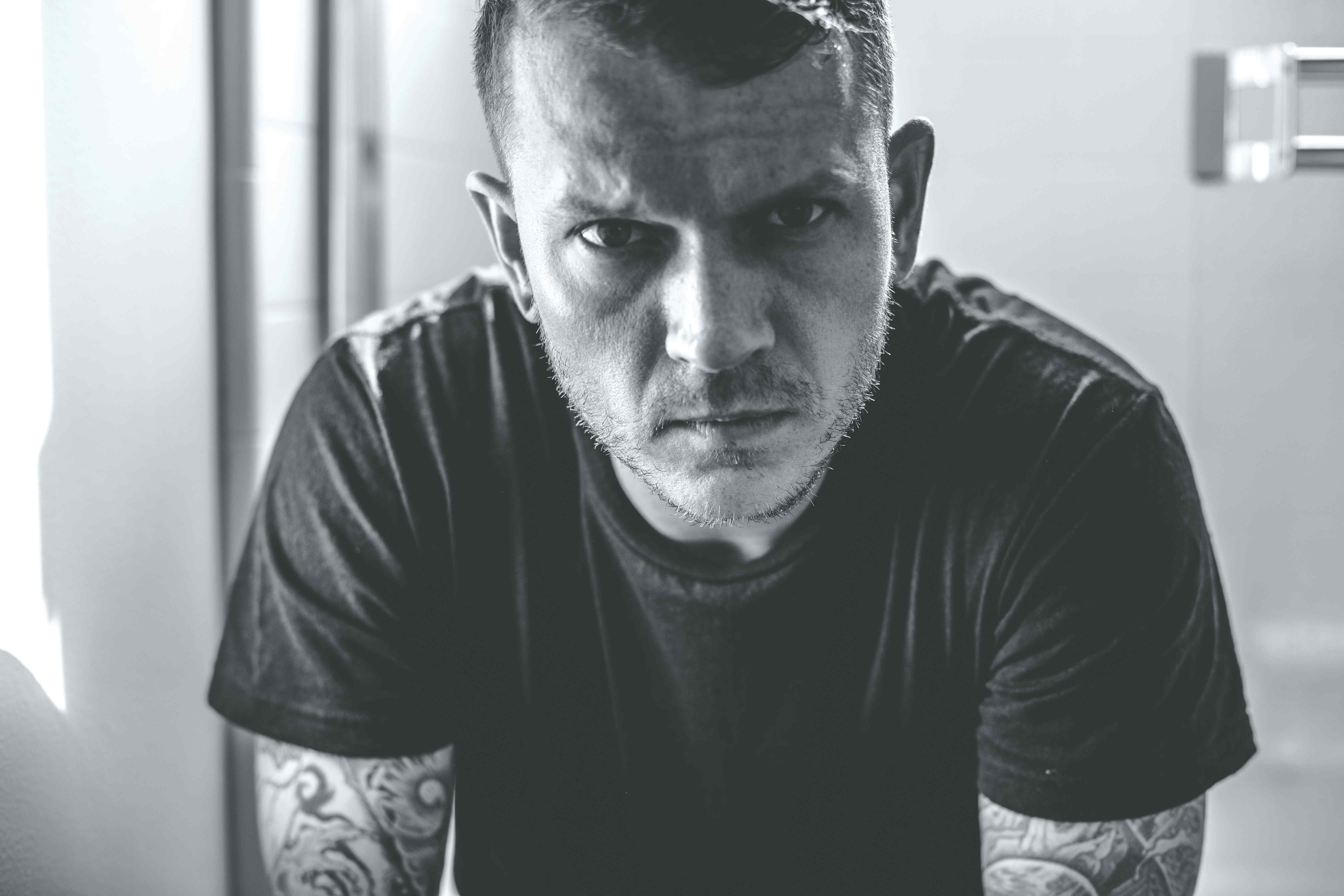
Harley Moon
The artist/tour manager’s view...
Have you ever had mental health problems that you attribute to your career in electronic music?
“When I first started touring I would get pretty bad anxiety. As a tour manager I was very often paranoid that I would forget some equipment or I would miss an alarm, and it would cause my artist to miss a show. At first I had problems with long-haul flights, and I had anti-anxiety tablets to keep me calm. Just the knowing that I had the prescribed drugs in my bag would help me. I did this for seven years. Now I never take any medication.
“I think sleeping is the biggest issue for people who tour in music. Keeping normal sleep hours is impossible. Nowadays I have realised that my physical health plays a big factor in my mental wellness. Eating well, sleep and exercising are very important in keeping myself strong. I quit smoking and rarely drink alcohol, and it’s made everything a lot better.”
Has working in the electronic music industry ever had a negative impact on your personal relationships?
“Working and touring in the music industry has had a drastic effect on all of my relationships. When I started touring and focusing on my career, I lost a lot of friends. I was working every weekend and was no longer able to go out and socialise like I used to. It also affected my family relationships, as I could no longer make pivotal events, as I was always on the road. Relationships with women were the most complicated of all.
“Some women understand that working in music is a job and a passion, some women just thought I was partying for a living. It’s extremely hard on partners to be dating someone who is rarely home and always out in nightclubs. I found that I missed my partner so much that I got depressed, and eventually learned to kind of switch off. I felt like I had to work 10 times more at relationships than anyone else to maintain relationships. It’s definitely gotten easier in the last five, six years with FaceTime and all the other means of communicating that we have available.”
Do you think there is a stigma attached to talking about mental health problems in the electronic music industry?
“I definitely feel that it’s good that more people are taking it seriously. I would always feel, ‘Who am I to complain?’ I get to travel the world and live this seemingly glamorous life. A lot of us living this life almost feel guilty complaining about anything when the usual reaction is, ‘Stop complaining, you travel the world going to nightclubs’, and to a degree I agreed with them. I felt very lucky to have a job that I loved and the privilege of getting to work with musicians that inspired me. But after 18+ years in dance music I look back at all the sacri ces that I have made, and some of them still make me sad that I missed out on a lot of things in my lifetime. It’s a conflicting feeling, but it’s the relationships that I have lost that are the most irreplaceable.
“Touring with different musicians has allowed me to witness first-hand what some artists go through on the road: vulnerabilities, confidence issues, loneliness, isolation and depression. For the majority it’s not a glamorous job. There needs to be more acceptance that mental health affects people in all walks of life... even us in the music industry.”
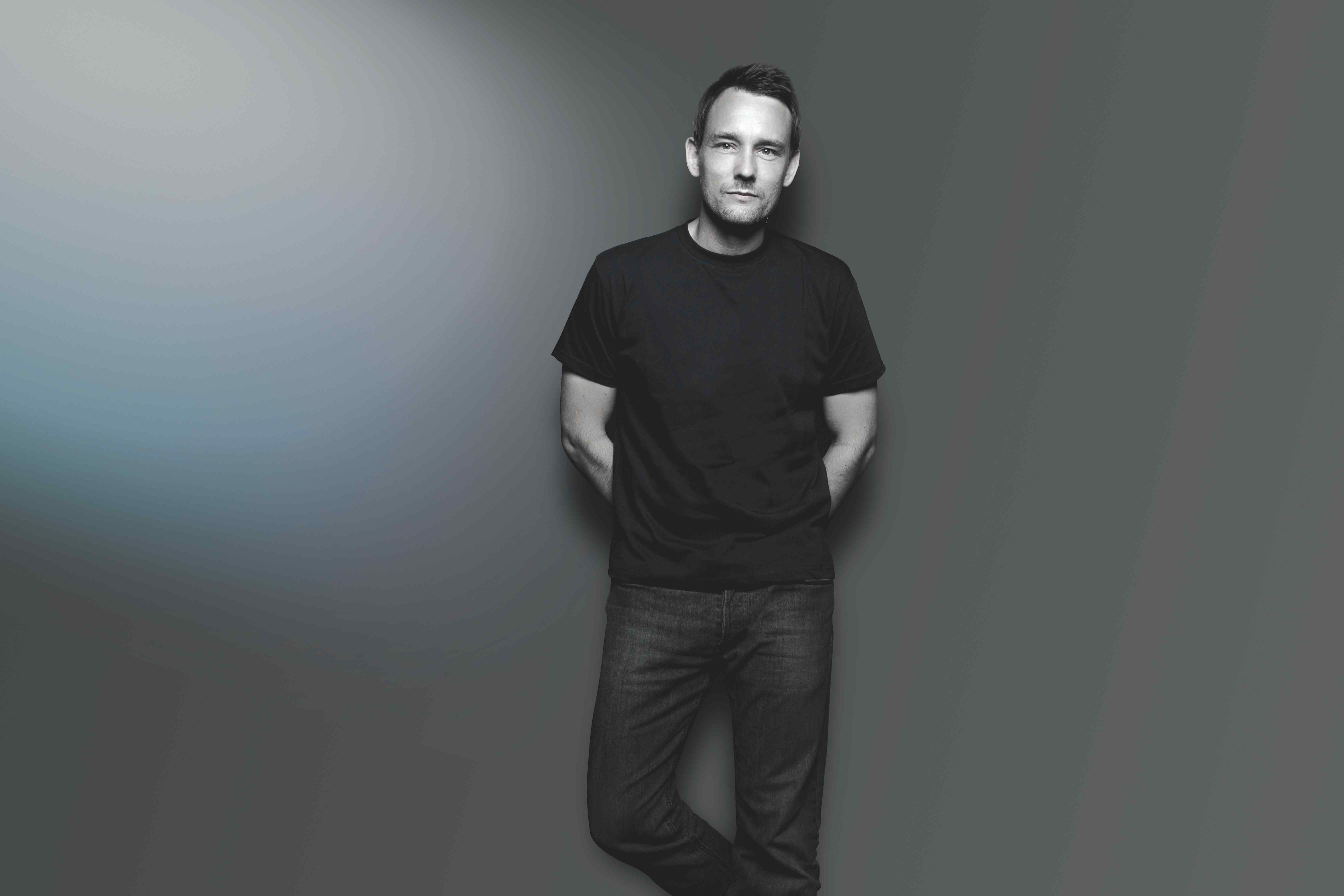
Kid Massive
The DJ’s view...
Have you ever had mental health problems that you attribute to your career in electronic music?
“Eight years ago I contracted meningitis, which is an in ammation of the brain tissue. It left me hospitalised for two weeks, blind for four weeks and with a dangerously low-functioning kidney. At that point I was successful on all material counts, with lots of tours, high-pro le releases and signi cant exposure on an international level. I was so focused on my career that I had completely neglected everything else in my life. There was zero work/life balance and I had conscious and unconscious unresolved personal issues that had a big impact too. I slowly realised that the way I was living was affecting me negatively. I was always anxious, stressed, with a constant fear of failing and not living up to the ‘hype’. I’m sure all of this played a big part in enabling the meningitis to take such a fierce hold of me.”
What are the main things that have impacted your mental health?
“Lacking work/life balance, learning to understand that it’s ok to let go and take a day off, not worrying about other people’s opinions with regards to what I was trying to do. For a long time, I would judge my progression as an artist based on other people’s value of me, rather than believing in and trusting my choices.”
Has working in the electronic music industry ever had a negative impact on your personal relationships?
“For the last 20 years, I have been surrounded by some incredibly supportive people, including close friends, partners and family. I believe this is down to what type of person I am rather than, as some people might say, luck. I try and be aware of how my environment impacts on me and change it if needed. It’s harder than it sounds, but the end result of tuning in and listening to yourself means you get all the support you could ever need and are surrounded by people who genuinely care about you and what you do.”
Do you think there is a stigma attached to talking about mental health problems in the electronic music industry?
“For generations it’s been taboo to really talk about and express our emotions, and it’s only recently that things are starting to open up and become more accepted. There are now more and more support initiatives that have started to appear, which is setting the precedent for a future way of thinking.”
What do you do to try and maintain balance and wellbeing?
“After my meningitis experience, which literally broke me down physically and mentally, I learnt that the only way for me to build myself back up was to deal with my problems and face them rather than shy away from them. I regularly take stock of my emotional state of mind through mindfulness, self-awareness and meditation. I believe we all deep down know what is going on, but due to our day-to-day lives lled with noise and distraction, we can’t hear ourselves. Just a simple act, such as giving yourself some alone time, can really benefit and realise your awareness.”

Luke Solomon
The DJ’s view...
Have you ever had mental health problems that you attribute to your career in electronic music?
“Yes, a number of physical and mental issues that are both intrinsically linked. The main issue is that I suffer from travel anxiety, but over the years I have suffered from periods of depression.”
What are the main things that have impacted upon your mental health?
“I think travelling has had the greatest impact on me both physically and mentally. Losing a close friend (Kenny Hawkes), who was my DJ partner, also had a great impact on me mentally.”
Has working in the electronic music industry ever had a negative impact on your personal relationships?
“It’s had its moments, but it’s the one thing I have managed to keep intact with pretty much all of the people I am close to throughout my career.”
Do you think there is a stigma attached to talking about mental health problems in the electronic music industry?
“Yes I do. Kenny’s death was caused by his relationship to dance music and constant touring, and the highs and lows of having a career in the industry. No one ever prepares you for the lows. You think this is a career that will last forever, then you are no longer avour of the month and the gigs get thinner. The impact of this is extreme for different reasons. Not only does it affect your bank balance, but it also affects your ego and your con dence. You question your value and doubt yourself. Much like Kenny, I used alcohol to help me through the low parts — it was a temporary con dence boost.
“I was a lot luckier than Ken, but Ken’s death made me evaluate myself and evaluate my personal career, and in turn forced some decisions I needed to make to help with both my physical and mental situation. It took me years to gure this out on my own, as there is no real support network in place — something I feel like our industry really needs.”
What do you do to try and maintain balance and wellbeing?
“A year after Kenny died, I stopped drinking. This was a major step for me, and led to me addressing my career. I started yoga and Pilates regularly, and this helped me massively. I still suffer from chronic IBS which I think is the result of years on the road and the stress of a very complicated job, but I am definitely one of the lucky ones, so I see this as getting off lightly.”

Samantha Powell
The producer’s view...
Have you ever had mental health problems that you attribute to your career in electronic music?
“Somewhere in my mid-thirties I acquired a sense of fear and anxiety that I don’t think I’d had before. I think the combination of the stress of going through the legal immigration process in the US really puts the fear of God into you, especially when you have carved out a life here. It requires you constantly having to prove and glorify your achievements in your eld, and not to mention the cost of it all. The pressure to maintain a consistent ow of hit records or successful projects is anxiety-causing. Particularly when your very existence in the country you have a life in depends on it.”
What are the main things that have impacted upon your mental health?
“The nancial stresses of being self-employed, trying to plan your responsibilities around royalty payments that only come in four times a year, of which you never know the exact gure until they hit your account. Being a female producer in the music industry is hard and can take its toll, you have to prove and justify your very existence pretty much every time in the studio, meeting or writing session. You are constantly questioned on your technical knowledge, assumptions are made on your abilities and your role in music in general. It can really wear you down if you don’t take the time to work on yourself and surround yourself with supportive people.
“That said, being a female producer has really allowed me to be successful with other female artists. There’s a lot of anxiety among female artists, tons of pressure and they don’t always feel they can open up to the men. Issues as basic as being on your monthly cycle, relationship problems, anxieties over skin or weight, and also insecurities regarding their vocals — all of these things, I’ve been told over and over, are easier to communicate to a woman in the studio. It’s camaraderie, I suppose.”
Has working in the electronic music industry ever had a negative impact on your personal relationships?
“Sometimes. Romantic partners don’t always understand the hours, or they automatically assume that there is the crazy ‘rockstar’ lifestyle going on behind closed doors. When in reality you would like nothing more than a hug and a nap.”
Do you think there is a stigma attached to talking about mental health problems in the electronic music industry?
“Absolutely. Particularly in the UK. The British feel that therapy is for Americans, and we need to just get a grip and get on with it. ‘Keep calm and carry on’.”
What do you do to try and maintain balance and wellbeing?
“Yoga and meditation are invaluable to me. They keep me focused, calm and also physically healthy. I try to surround myself with like-minded people, authentic friendships are imperative. Everyone needs a support system.”
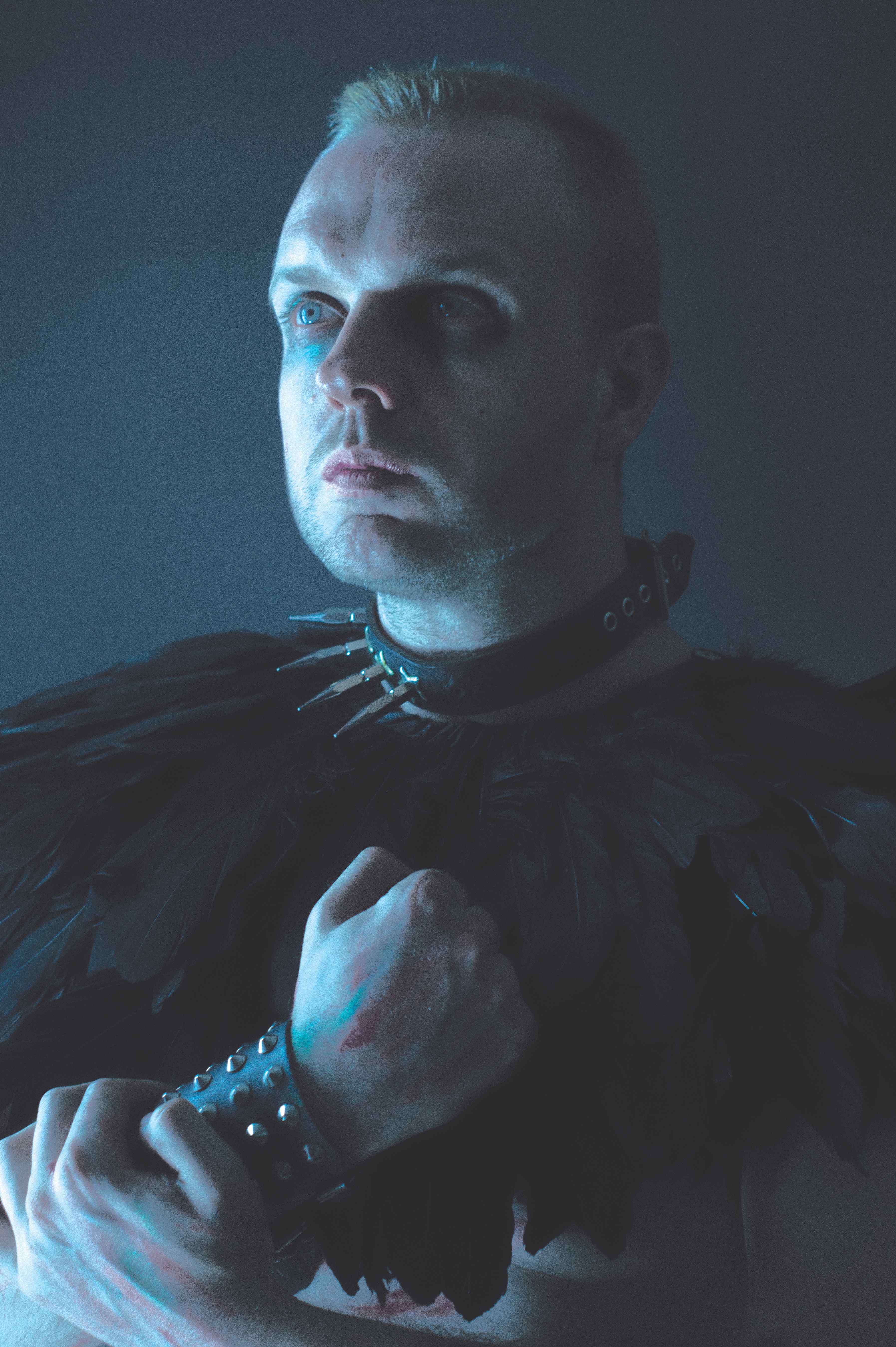
Steven Braines
The artist manager’s view...
Have you ever had mental health problems that you attribute to your career in electronic music?
“I don’t think I would say I’ve had mental health problems arising just solely from my career. When I first started out, I sofa surfed for about 18 months as I couldn’t afford to rent anyway, and that was very mentally taxing. The uncertainty of where to stay, not sleeping or eating well, belongings scattered around London. It sounds bohemian now that I’m a success, but when you aren’t nomadic by choice it’s tough to keep going. I’m quite an anxious person and the perception that you’re doing well before the money has actually caught up to the image is a very strange one.”
Has working in the electronic music industry ever had a negative impact on your personal relationships?
“It’s definitely impacted at times because of the long hours and travel. When touring with artists I manage like Maya Jane Coles, you might be in a totally new time-zone every day for the best part of a month, with ights and gigs thrown into the mix plus clearing my inbox and calls. It’s very hard to actually communicate via anything other than text sometimes. Also, there’s a lot of births, deaths and marriages that you miss too. I’ve de nitely seen some of my relationships break up because they didn’t see enough of me.”
Do you think there is a stigma attached to talking about mental health problems in the electronic music industry?
“I champion mental health in the Music Managers Forum. I’m a qualified psychologist and my mum works in mental health, so I like to get people talking about it. When you do, you find a lot of people have been suffering in silence. A lot of managers, for example, have to deal with a wider range of novel problems and offer a lot of emotional support to others without always receiving it back, and a lot of people leave the industry because of it. It’s been a bit of a watershed moment in mental health recognition in our industry, with helplines being set up and more industry-specific mental health practitioners, which can only be a good thing. Luckily I’ve never been a drinker or into drugs, but I’ve sadly seen a lot of people in the industry fall into addiction because there’s so much temptation around, and not everyone is able to set boundaries for themselves in the face of it.”
What do you do to try and maintain balance and wellbeing?
“I’ve always done Reiki since I was about 16. I first got attuned when I was about 20. I also sauna and steam at least once a week. In our company, we definitely always encourage people to talk about their problems, to take time off for personal reasons if they need it, to be flexible in where and how they work, and make sure that people realise it’s okay to make a mistake. If I feel stressed, I tend to write poems or paint a picture and deal with it creatively.”
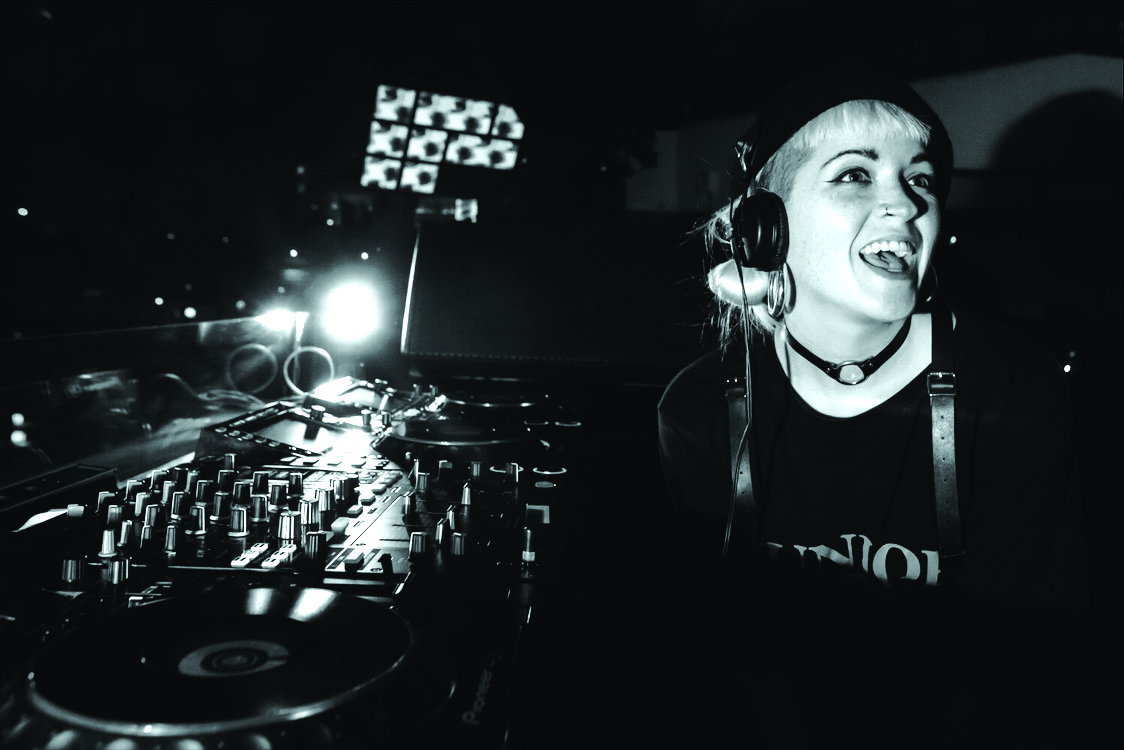
Coco Cole
The DJ’s view...
Have you ever had mental health problems that you attribute to your career in electronic music?
“I have periods of anxiety and panic attacks, and it’s almost always when I am very busy with my job, am neglecting social stresses and have a bundle of deadlines and little time to myself.”
What are the main things that have impacted upon your mental health?
“My worst period was definitely in the last year of my three years of doing overnights on the radio among daytime shows, DJing and partying. Five nights a week I would go to sleep between 9-11pm (and wake up every hour through panic of missing my alarm), then wake up at 1.30am. I was on air from 3-6am, then I’d go home and sleep from 8am-12pm, then wake up and work on admin, plan my radio show and repeat. It was constant work and exhaustion. I had one night off and would drink and go out, because I needed the release. I was of course drinking coffee constantly to keep functioning, too. After two years it started to really affect my physical and mental health. I got anxiety and the panic attacks kicked in.
“Usually now, I know that an anxiety period is about to kick in. You can obviously do all the things to try and avoid it, like maintaining a healthy lifestyle and trying to stay calm, but I think they will always happen and you just have to ride them out and give yourself the break and time you need to do that.”
Has working in the electronic music industry ever had a negative impact on your personal relationships?
“Every romantic relationship has ended ultimately because of my schedule and dedication to my job. My friends luckily are more understanding, and work in similar creative elds, so they’re all tight and we all support and love each other and often talk a lot about our mental health.”
Do you think there is a stigma attached to talking about mental health problems in the electronic music industry?
“I think more and more people are talking now, which is fantastic. What there is still a stigma about, though, is letting people take the actual time to address their mental health. We need to work on accepting people’s different ways of looking after themselves by allowing them to take time off, say no and to come back from that without judgements or a negative impact on their career.”
What do you do to try and maintain balance and wellbeing?
“I am terrible at self-care. But since autumn, on days I’m not DJing, going out or travelling, I’ve been putting myself into bed before 12, waking up earlier and giving myself a schedule. The mini wins of ticking off an accomplishment keeps the ‘you’re not doing enough’ gremlins at bay. I’m having one day a week where I don’t work, and have been doing a few more hobbies outside of my job.”


